Fully-matching results
-
 Food and AgricultureShaza Moghraby
Food and AgricultureShaza MoghrabyReenvisioning a Fractured Global Food System | Chicago Council on Global Affairs
Unlocking local knowledge and know-how in Regional Innovation Hubs.
-
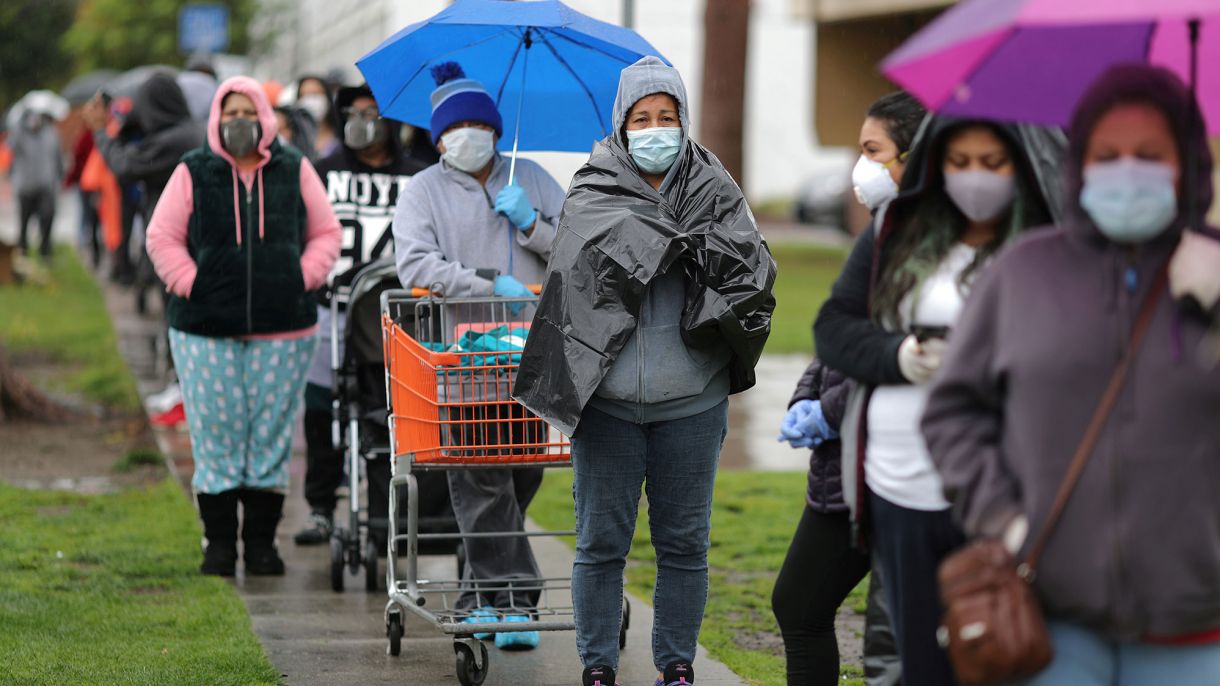 Global HealthREUTERS
Global HealthREUTERSCoronavirus Concern: Threat Perceptions Around the World | Chicago Council on Global Affairs
Amid growing anxiety among experts and health officials, how do publics in countries around the world perceive the threat of the coronavirus?
-
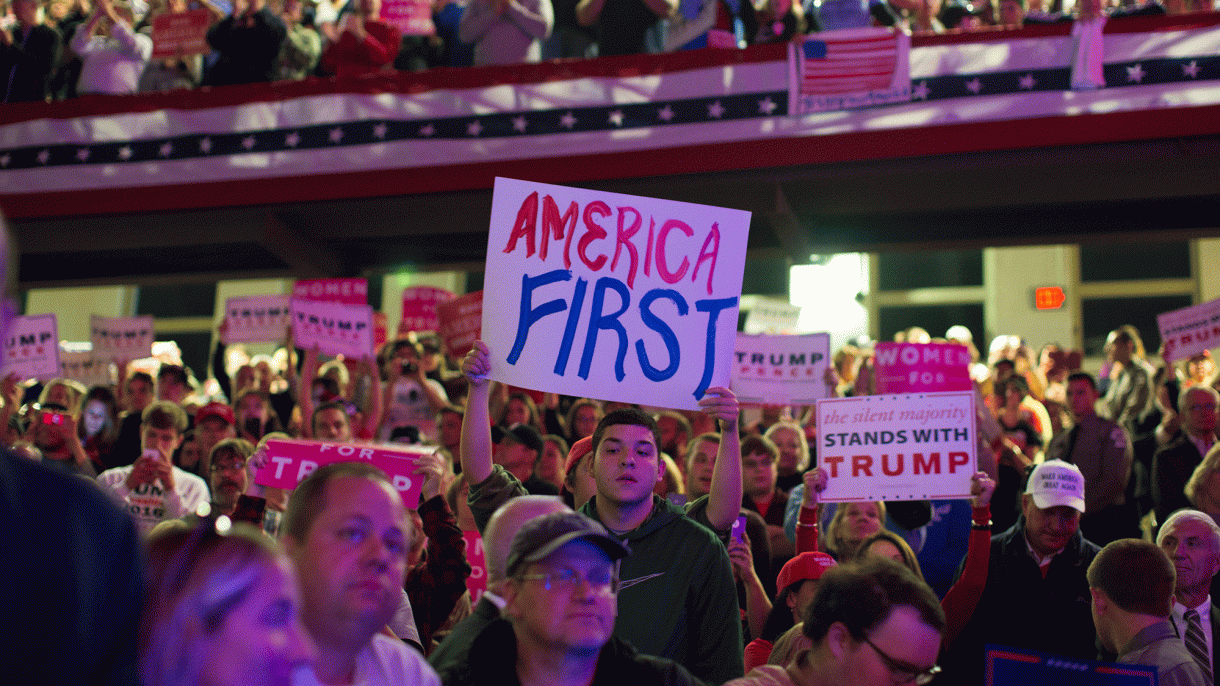 US Foreign PolicyAP Photos
US Foreign PolicyAP PhotosMajority of Trump Republicans Prefer the United States Stay out of World Affairs | Chicago Council on Global Affairs
Republicans with a very favorable view of the former president seem to prefer a US role that is more independent and less cooperative.
-
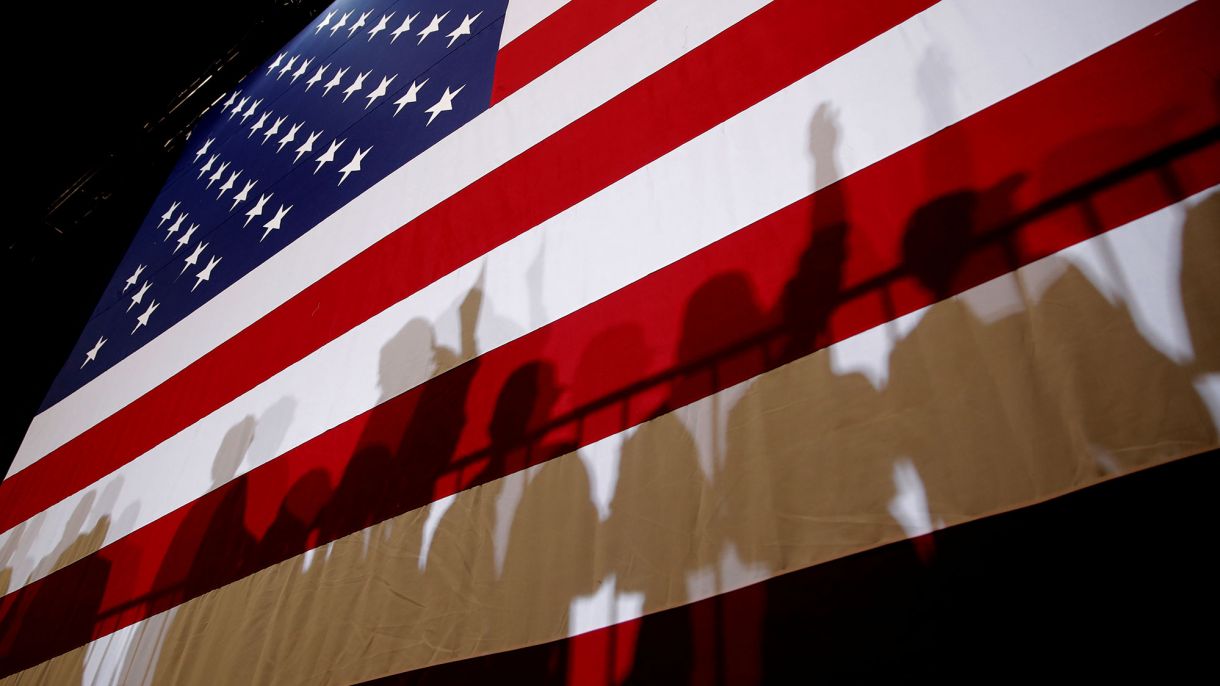 Public OpinionReuters
Public OpinionReutersDo Liberal and Moderate Democrats Divide on US Foreign Policy? | Chicago Council on Global Affairs
This public opinion survey indicates that there are key differences between moderate and liberal democrats.
-
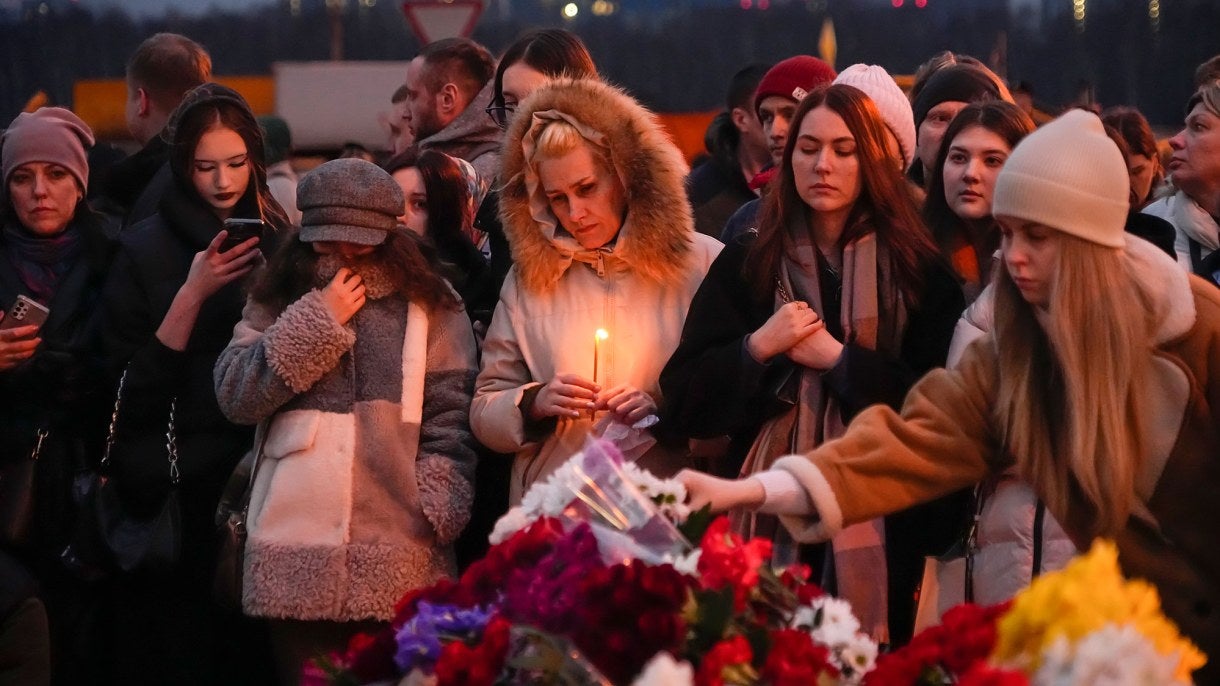 Public OpinionAlexander Zemlianichenko / AP
Public OpinionAlexander Zemlianichenko / APYoung Russians Feel More Threatened by Terrorism Than War in Ukraine | Chicago Council on Global Affairs
Before the Crocus City Hall attack, a plurality of Russian young adults said Russia’s top foreign policy priority should be bolstering the country’s physical defenses.
-
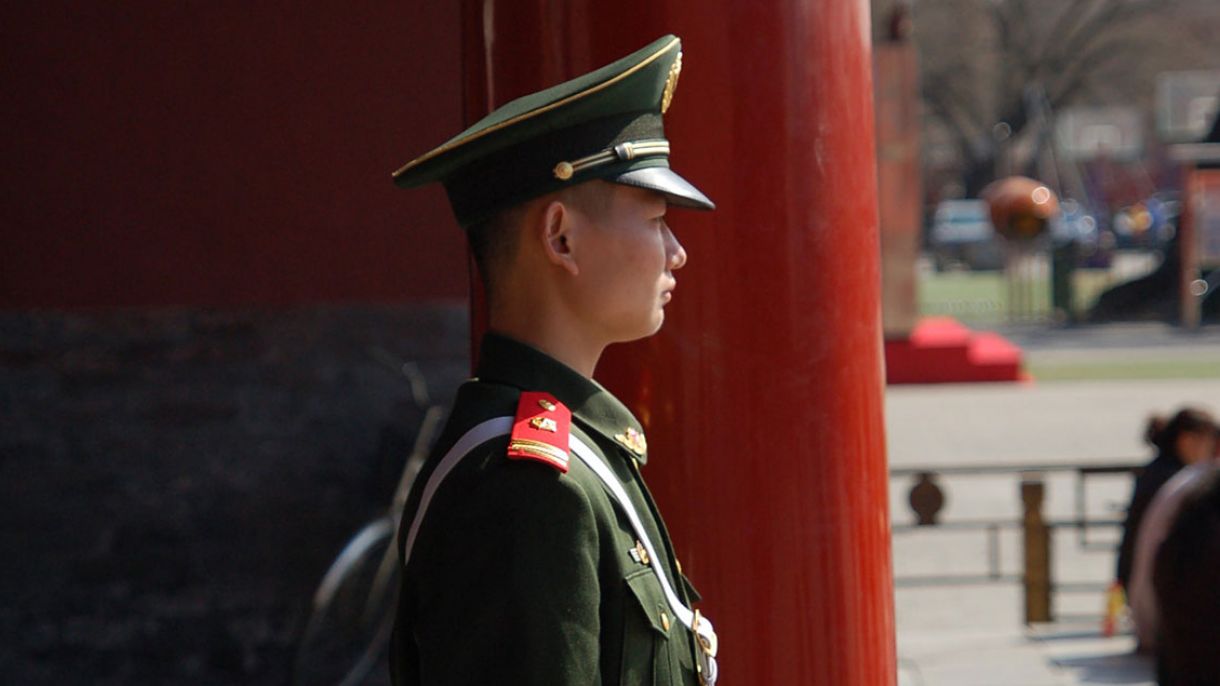 Public OpinionBrian Matangelo
Public OpinionBrian MatangeloAre Millennials China Doves or China Hawks? | Chicago Council on Global Affairs
In this Chicago Council on Global Affairs blog post, Craig Kafura explores how Millennials hold distinct views on US-China foreign policy.
-
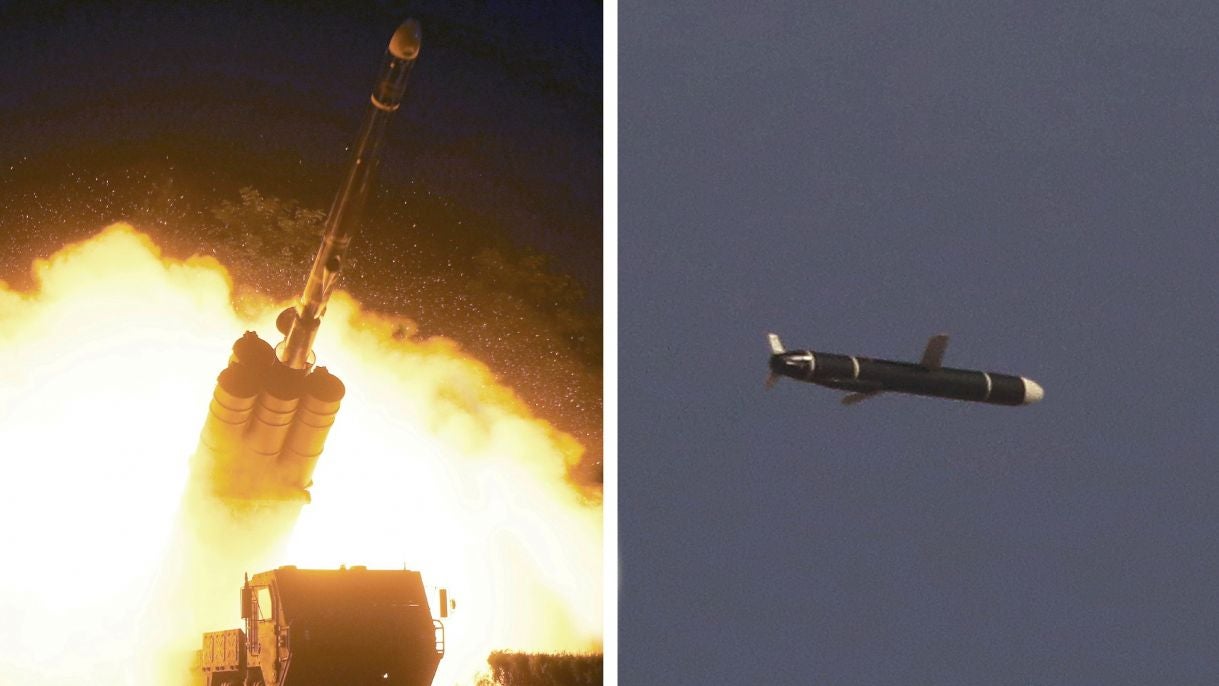 US Foreign PolicyREUTERS
US Foreign PolicyREUTERSAmericans Say North Korea Is an Adversary, Still Prefer Diplomacy | Chicago Council on Global Affairs
Over the weekend, North Korea launched a new cruise missile. It's unlikely to shift American public opinion.
-
 Public OpinionMarkus Spiske
Public OpinionMarkus SpiskeGlobal Public Opinion Shows Mixed Willingness to Take Vaccine | Chicago Council on Global Affairs
Brendan Helm, Craig Kafura, and Karl Friedhoff analyze views on COVID vaccinations, finding Americans are divided on whether to be vaccinated despite increasing availability.
-
 Public Opinion
Public Opinion
Do Non-Trump Republicans Diverge with Trump Republicans on Foreign Policy? | Chicago Council on Global Affairs
While Republicans share a similar political worldview overall, Trump and Non-Trump Republicans disagree on key policies for immigration, climate change, and nuclear programs.
-
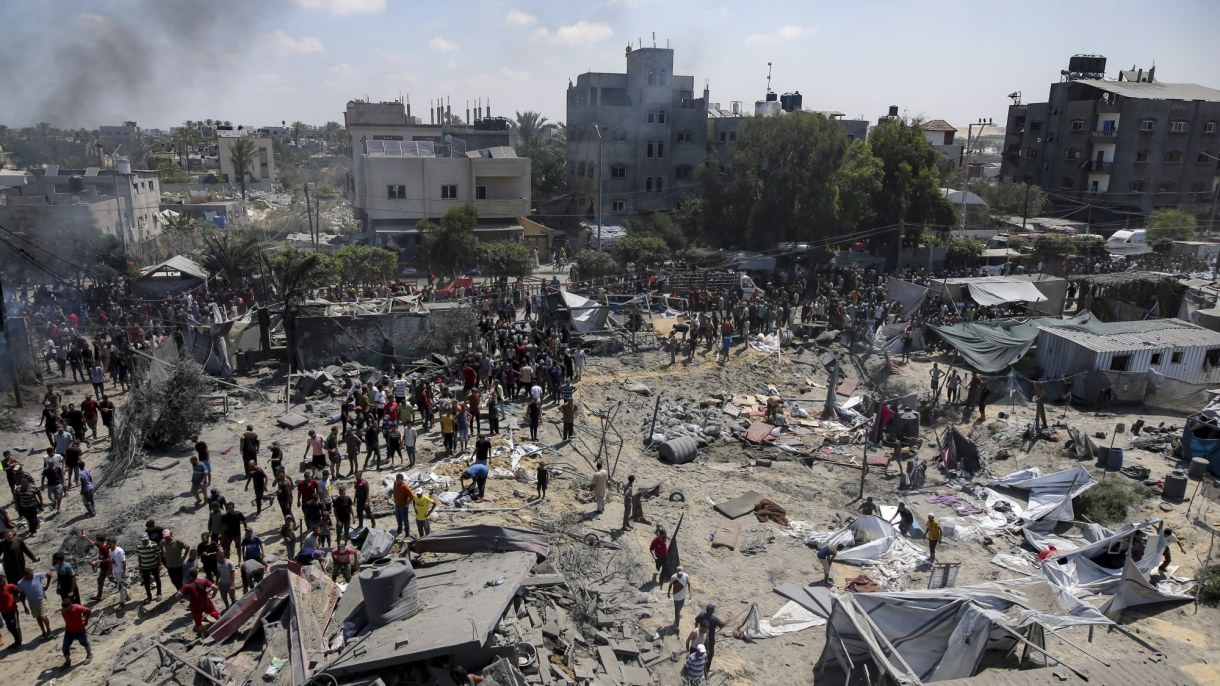 Public OpinionJehad Alshrafi / AP
Public OpinionJehad Alshrafi / APRussians Tend to Say Neither Israel nor Hamas Are Justified in Military Actions | Chicago Council on Global Affairs
A plurality say the United States and NATO are most responsible for ongoing bloodshed and instability in the Middle East.
-
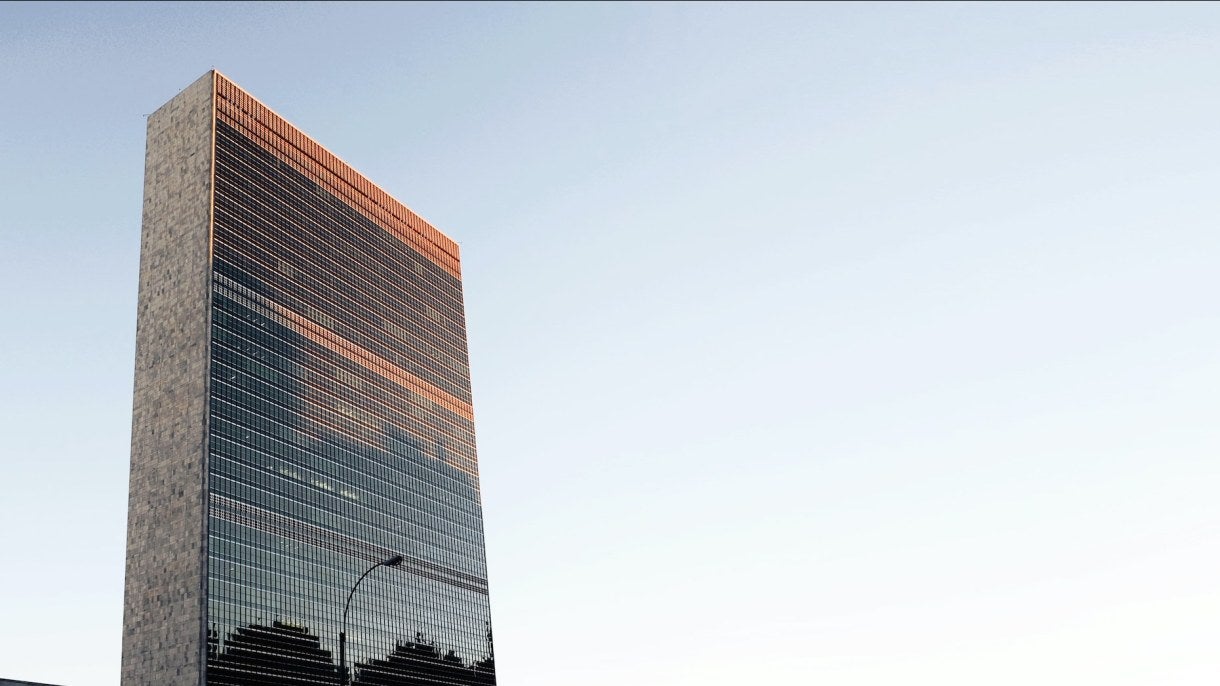 Global CitiesDaryan Shamkhali
Global CitiesDaryan ShamkhaliGlobal Cities at the End of Globalism: Can They Survive? | Chicago Council on Global Affairs
Global cities are products of a liberal world order that is under threat from the rise of populist nationalism, protectionism, and growing authoritarianism.
-
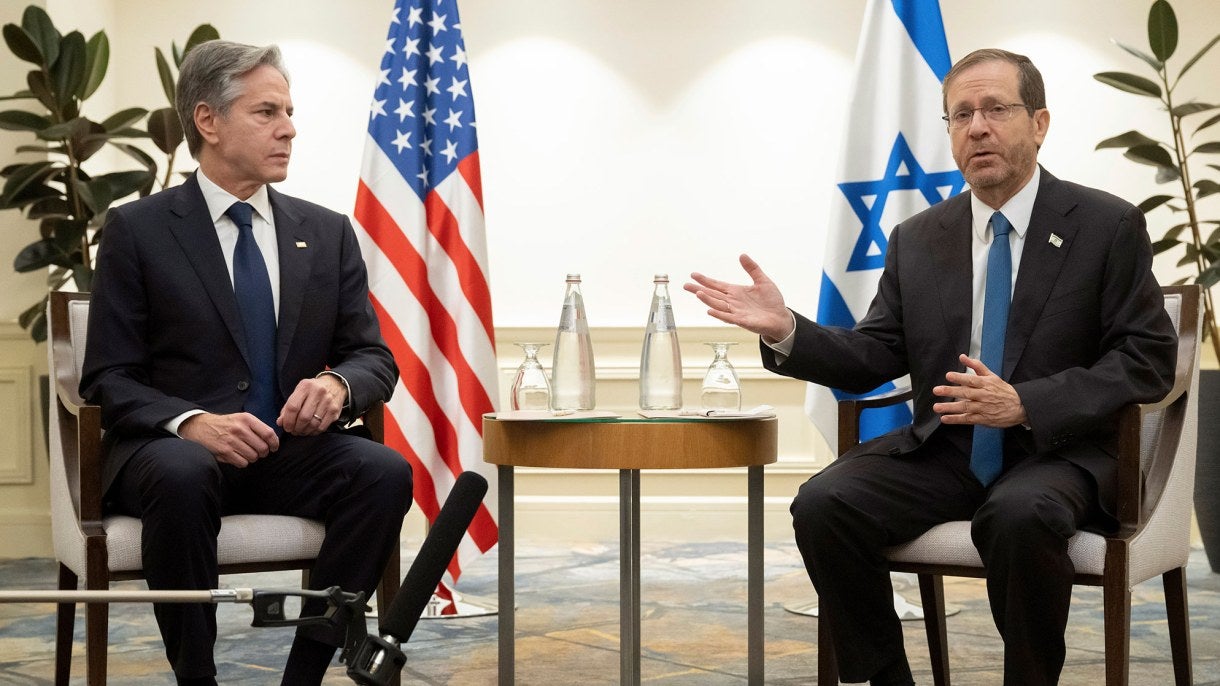 Public OpinionAP Photos
Public OpinionAP PhotosPlurality of Americans Say US Should Be Neutral Mediator in Israel-Hamas War | Chicago Council on Global Affairs
As the humanitarian toll in Gaza continues to climb and fears of a wider war grow, Americans are wary of direct military involvement in the conflict.
-
Global Politics
The next supreme leader could transform Iran
What happens after Ayatollah Khamenei leaves office or dies?
-
 Public OpinionAndrew Harnik / AP
Public OpinionAndrew Harnik / APShifting US Opinions and Rising Dissent on Israel-Hamas War | Chicago Council on Global Affairs
Polling shows younger Americans desire a less active US role in the conflict than their elders.
-
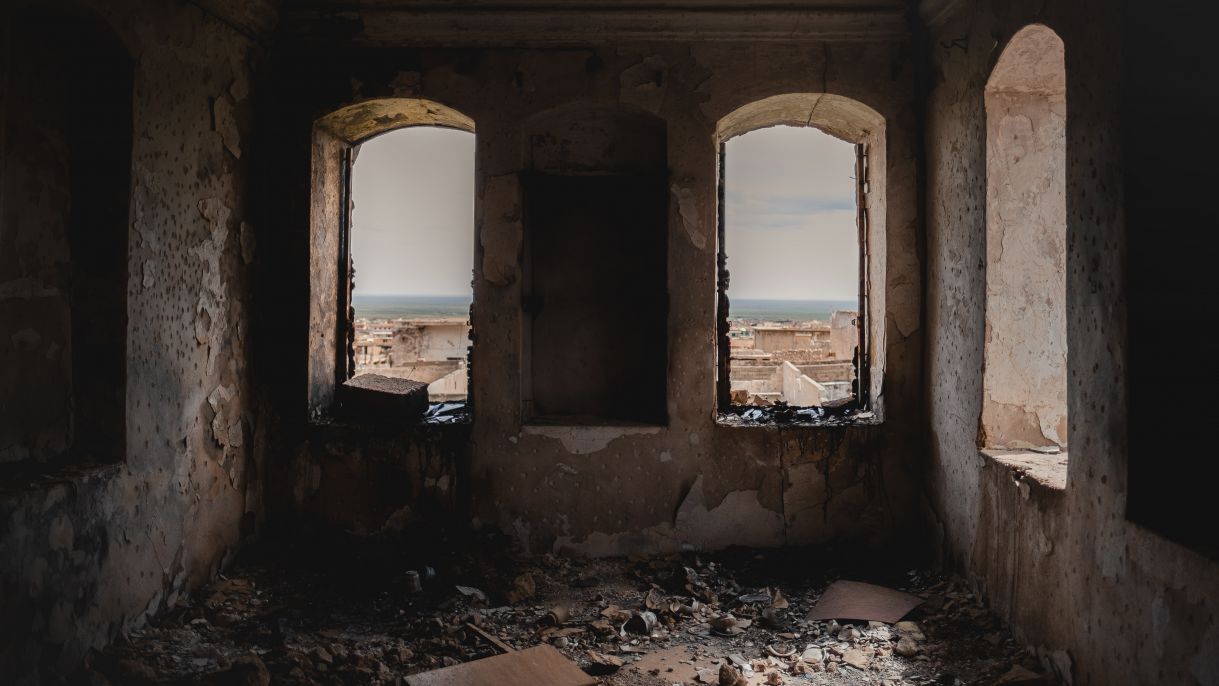 Public OpinionLevi Meir Clancy
Public OpinionLevi Meir ClancyWhy do Americans Support US Presence in Mideast But Say Iraq War Was Not Worth Costs? | Chicago Council on Global Affairs
American disapproval rates of US-Iraq war reach record highs.
-
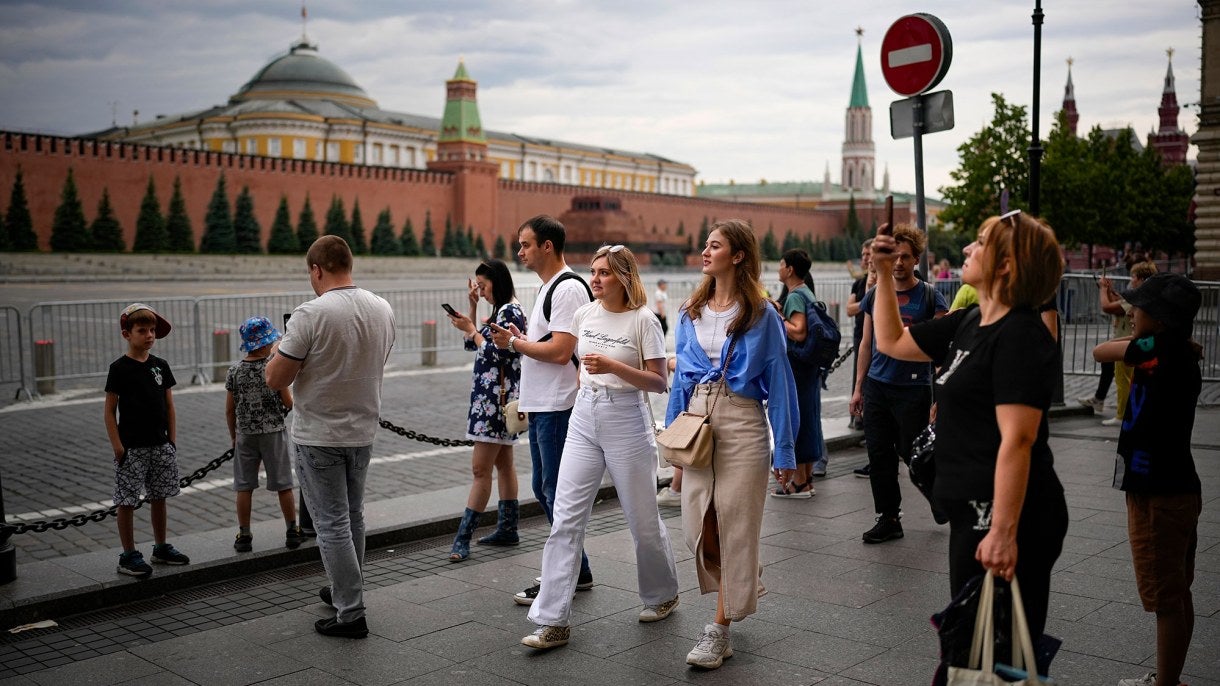 Public OpinionAlexander Zemlianichenko / AP
Public OpinionAlexander Zemlianichenko / APYoung Russians See Brighter Future Than Young Americans Do | Chicago Council on Global Affairs
Russian young adults have a more positive economic and political outlook than their American counterparts, yet both youth populations think equally about emigrating.
-
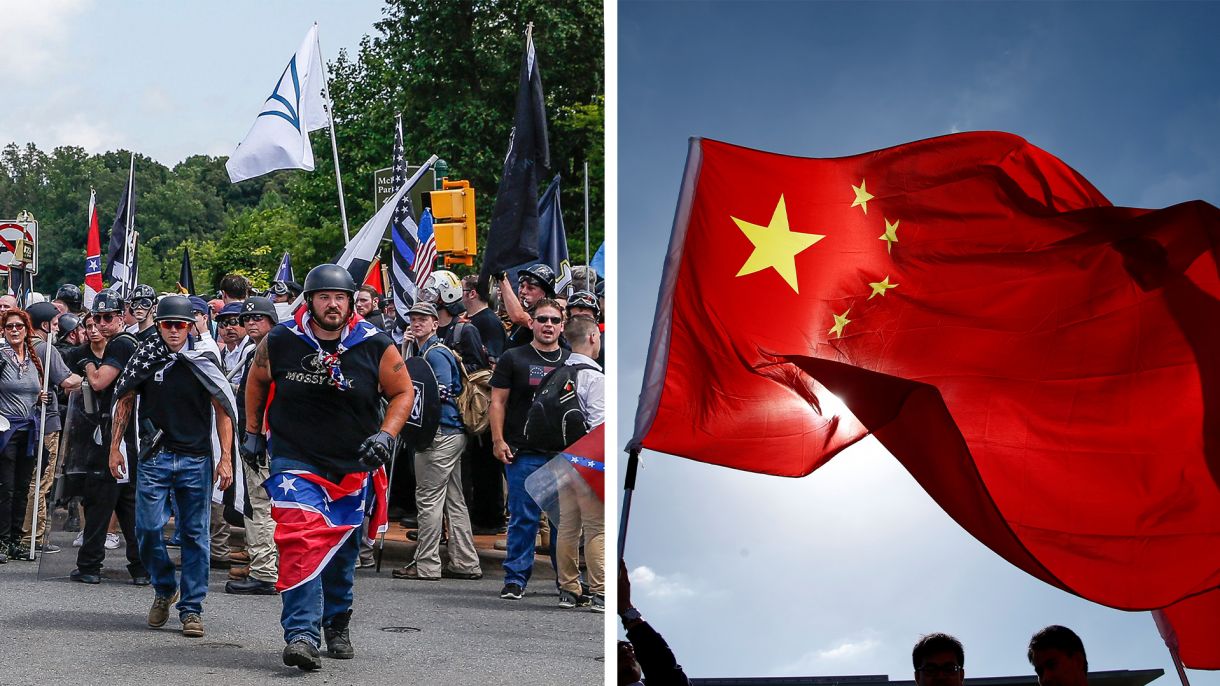 Public OpinionREUTERS
Public OpinionREUTERSGreatest Threat: Democrats Say White Nationalism, Republicans Say China | Chicago Council on Global Affairs
New survey data shows a partisan divide on what Americans believe is the greatest threat to the United States: Democrats rank violent white nationalist groups the highest, while Republicans list China as the greatest threat.
-
US Foreign PolicyAP Photos
The US Must Strike Iran, and Take out Its Terrorist Commanders
"We will only have peace when America uses force to defend its interests," Saeid Golkar and Kasra Aarabi write.
-
Global Politics
Iran's election: It's not about moderates or hardliners
Presidential election is going to determine whether the rationalisation and normalisation of Iran is going to continue.
-
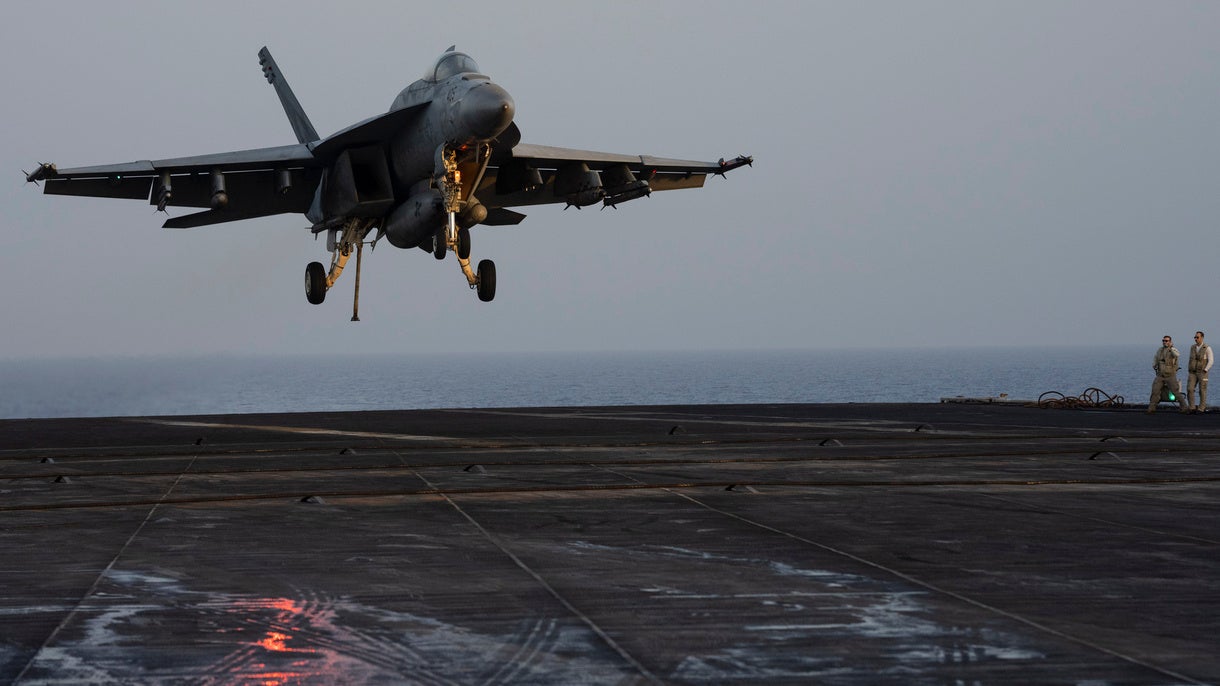 Public OpinionBernat Armangue / AP
Public OpinionBernat Armangue / APJust Half of Americans Support Airstrikes Against Houthis | Chicago Council on Global Affairs
To address the Red Sea attacks, Americans would rather use economic sanctions to force the Houthis (and Iran) to concede the waters.
-
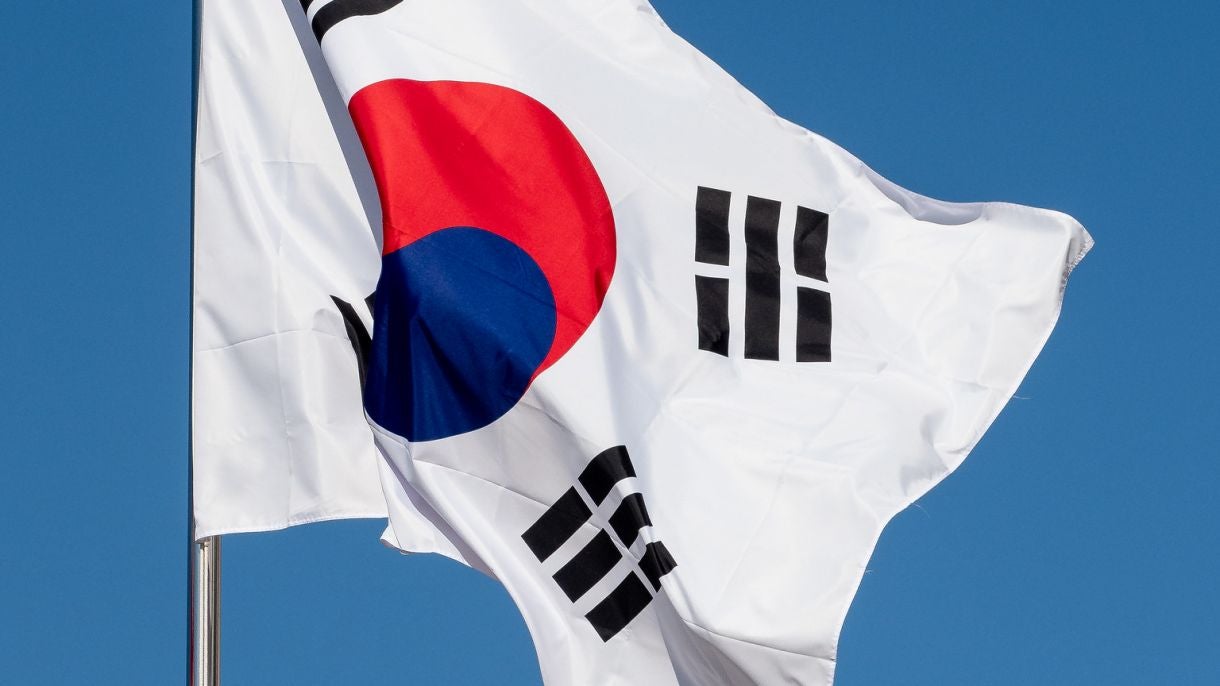 Public OpinionWilliam Warby
Public OpinionWilliam WarbyAmericans Positive on South Korea Despite Trump's Views on Alliance | Chicago Council on Global Affairs
Survey results show President Trump’s threats and bullying tactics with Seoul haven't lessened support for the alliance with South Korea.
-
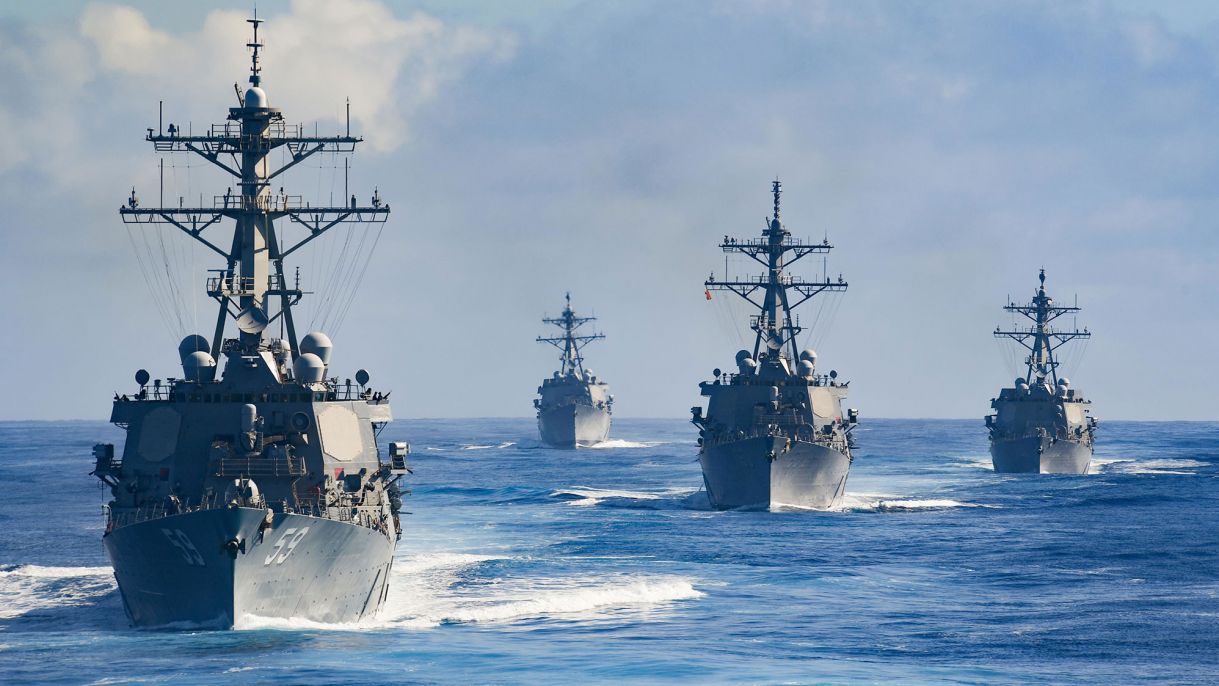 Defense and SecurityUS Navy
Defense and SecurityUS NavyExploring the US Navy's Global Role and the Challenge to Remain Supreme | Chicago Council on Global Affairs
In this Chicago Council on Global Affairs blog post, Matthew Dalton explains the US Navy’s global role.
-
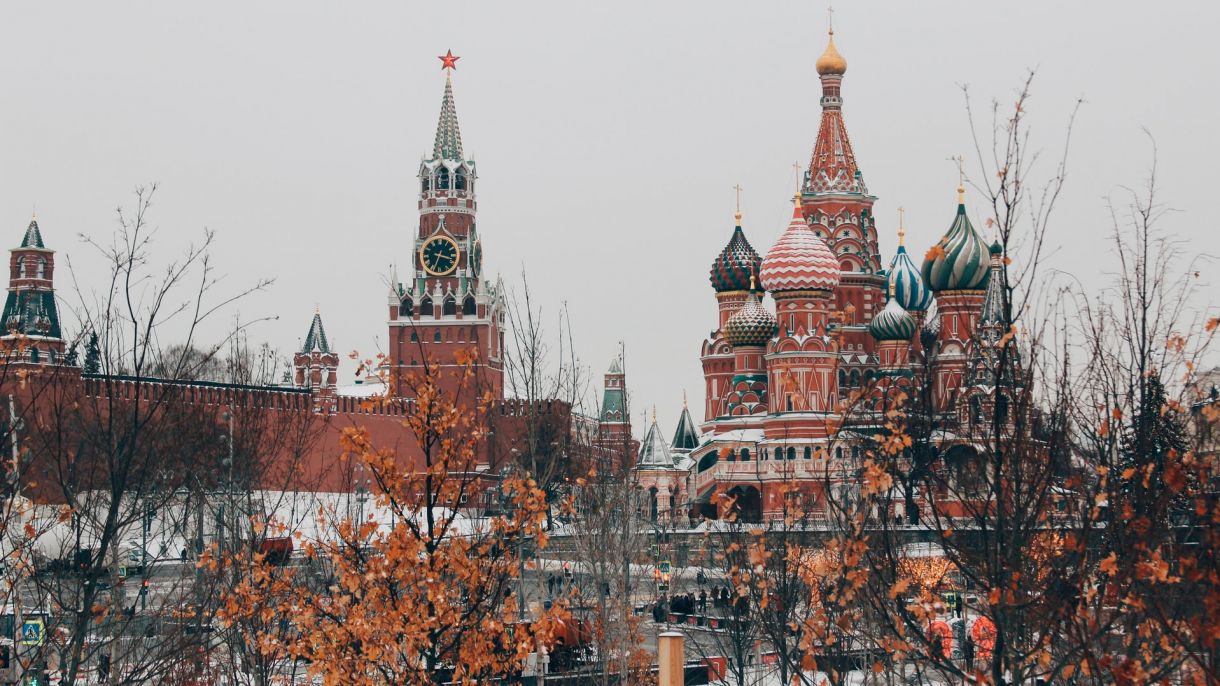 US Foreign Policy
US Foreign Policy
Russians and Americans Welcome Extension of New Start Treaty | Chicago Council on Global Affairs
Dina Smeltz and Brendan Helm discuss President Biden's extension of the New Strategic Arms Reduction Treaty.
-
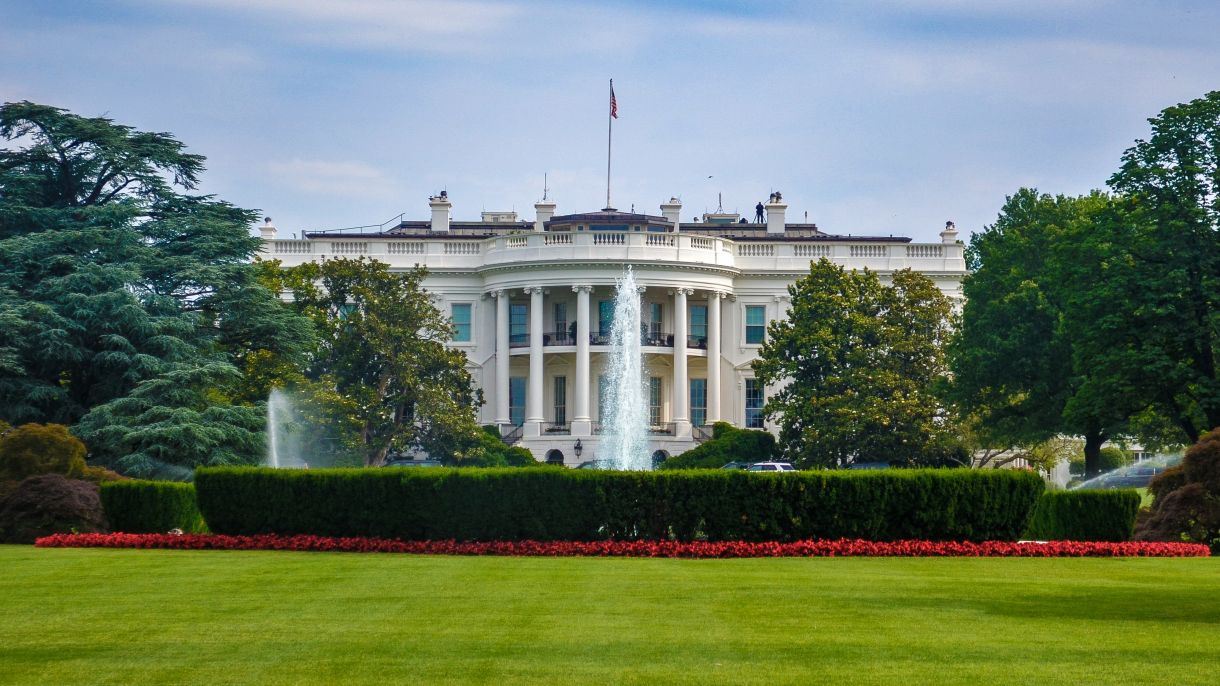 Global EconomyDavid Strickler
Global EconomyDavid StricklerCooperation or Coercion? The Views of US Opinion Leaders on Foreign Policy Approaches | Chicago Council on Global Affairs
The 2020 Chicago Council on Global Affairs-University of Texas at Austin survey explores to what extent Democratic, Republican, and Independent foreign policy professionals support Biden’s international agenda.
-
 Public OpinionAaron Burden
Public OpinionAaron BurdenSix Ways in Which Liberal and Moderate Democrats Diverge on Key Issues | Chicago Council on Global Affairs
There are six key issues for which liberal democrats have differing opinions from more conservative/moderate ones, indicates the 2019 Chicago Council Survey.
-
 Public OpinionAaron Burden
Public OpinionAaron BurdenAmerican Opinions of Allies Remain Positive, Opinions of Rivals Fall Further | Chicago Council on Global Affairs
Since 2016, Americans' favorability toward South Korea, India, and Japan is stable, while favorability toward China decreased by 12 points.
-
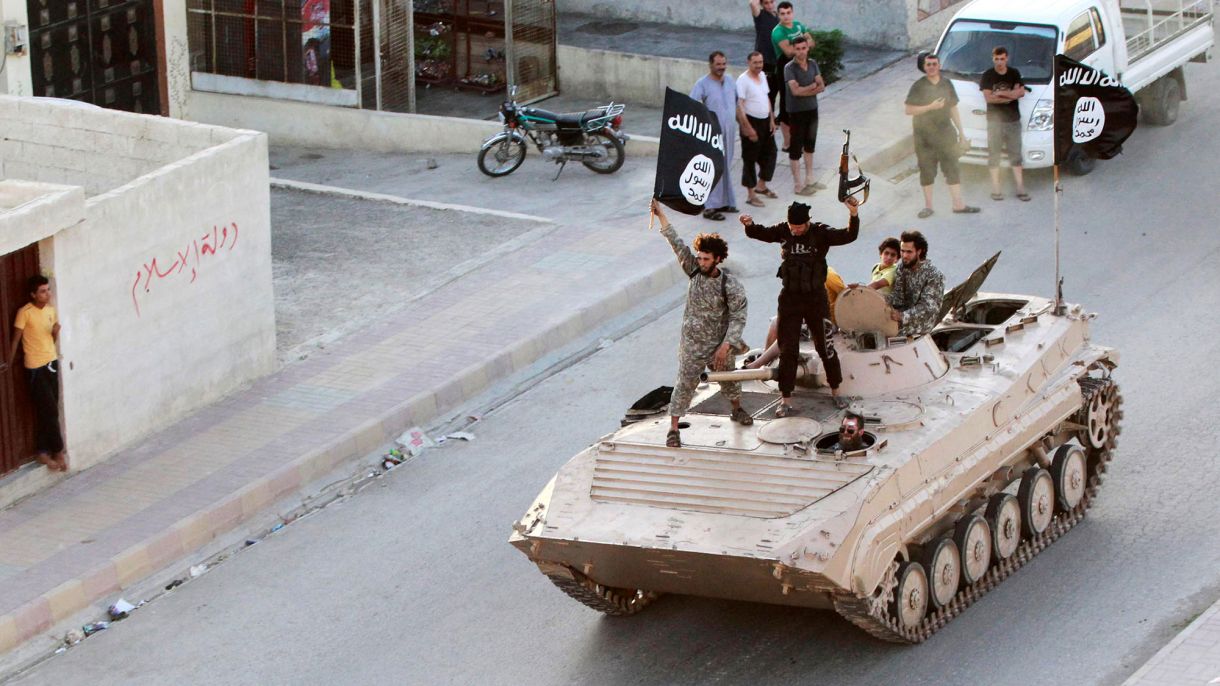 Public OpinionReuters
Public OpinionReutersISIS Successful in Raising US Public Fears about Terrorism | Chicago Council on Global Affairs
This survey from the Chicago Council on Global Affairs shows public concern about Islamic fundamentalism has increased 15 percent since 2014.
-
Defense and SecurityRichard Drew / AP
Israel's War in Gaza Was Always Aimed at Iran
"For Netanyahu, the destruction of Gaza was a demonstration to Tehran of Israel’s willingness to utilize massive military force," Paul Poast writes.
-
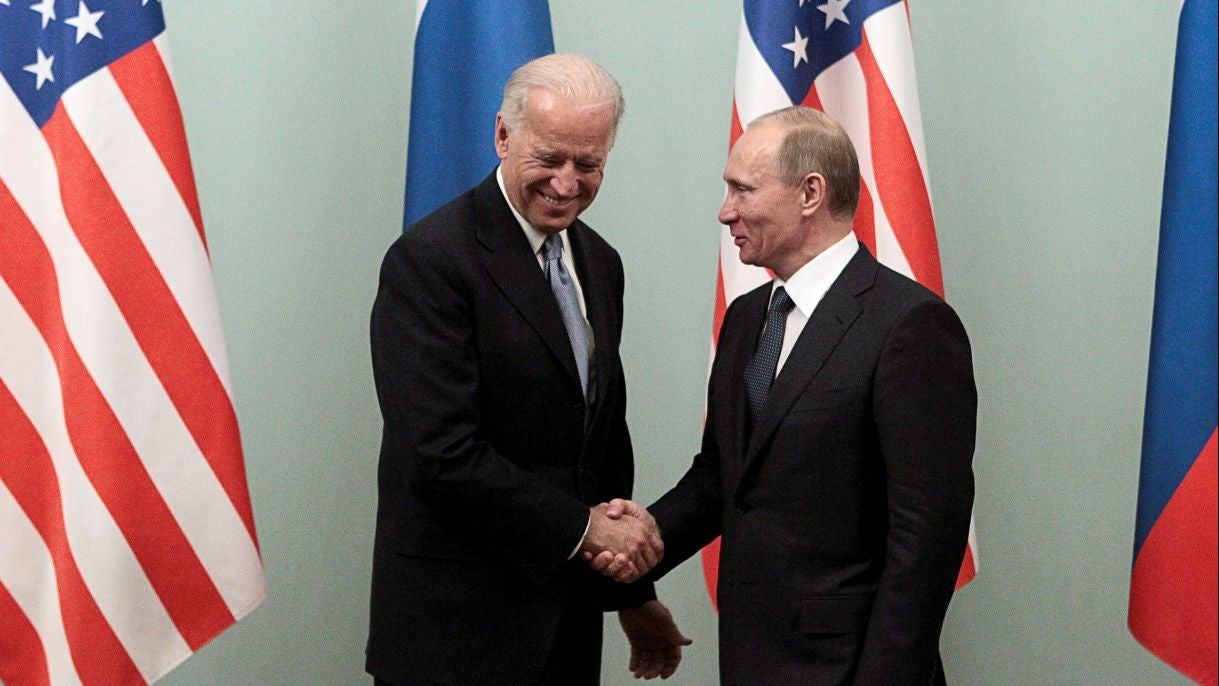 Public OpinionREUTERS
Public OpinionREUTERSDespite Political Tension, Americans and Russians See Cooperation as Essential | Chicago Council on Global Affairs
A joint Chicago Council on Global Affairs and the Levada Analytical Center survey shows few Russians or Americans expect great changes to US-Russia ties now or in the next 10 years, although both publics see the merits of collaboration.
-
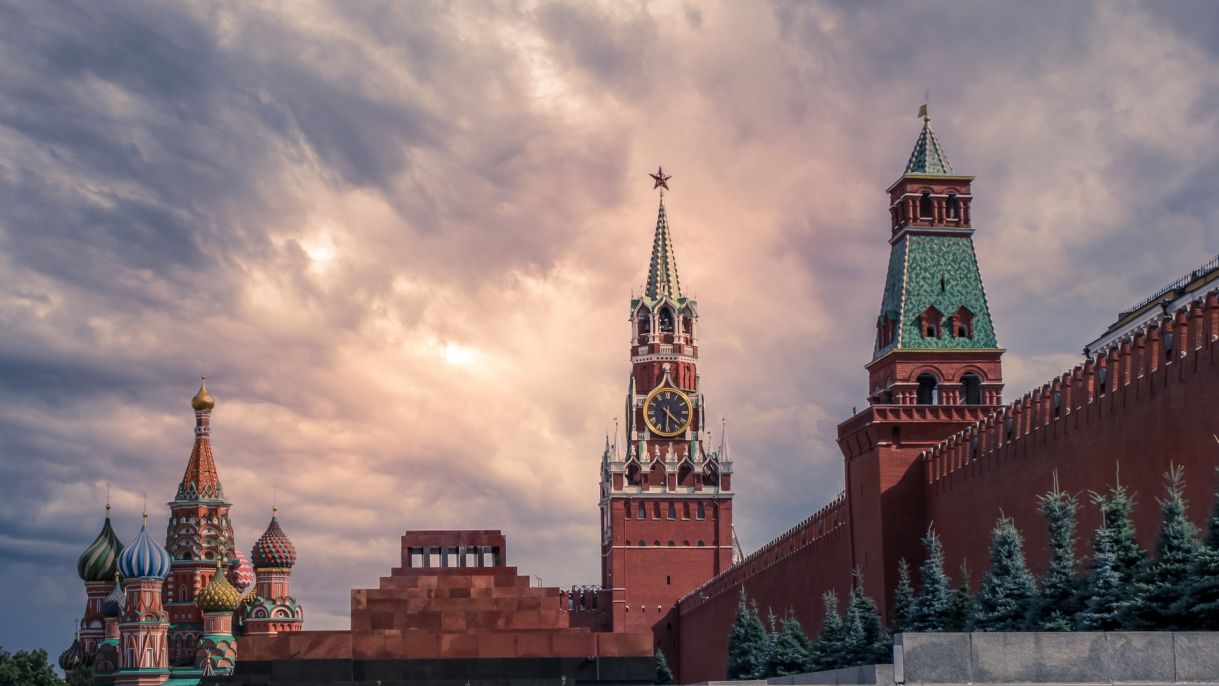 Public Opinion
Public Opinion
US and Russia: Insecurity and Mistrust Shape Mutual Perceptions | Chicago Council on Global Affairs
Polling data shows that although Americans believe that Russia is acting to contain US power, the US public favors cooperation and engagement rather than containing Russia.
-
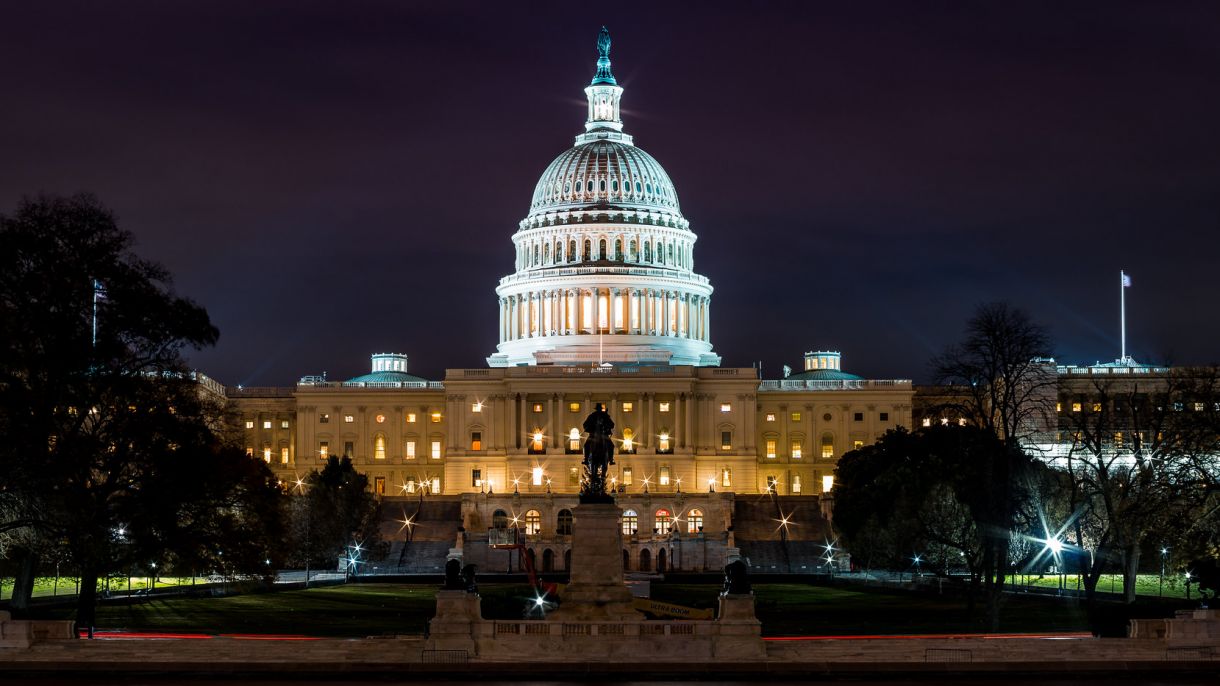 Public OpinionJohn Brighenti
Public OpinionJohn BrighentiMajority of Americans—Except for Republicans—Back Congressional Inquiry | Chicago Council on Global Affairs
Survey data shows thirty-year lows for American views of Russia.
-
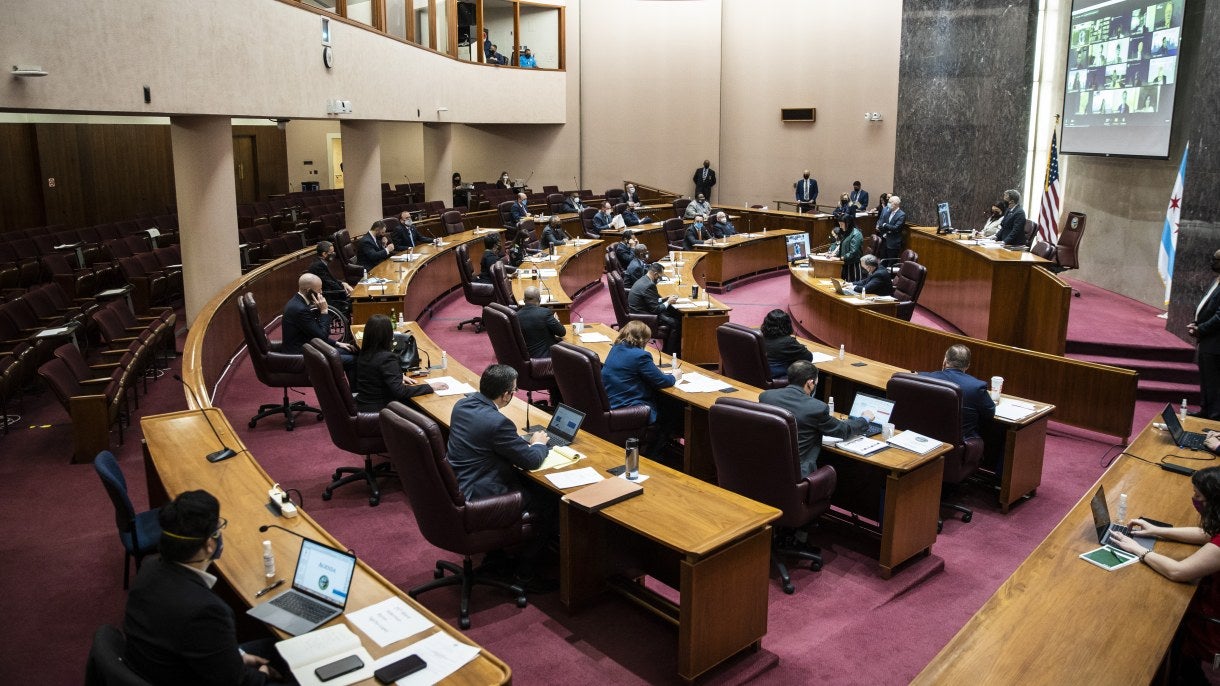 Global PoliticsAP Photos
Global PoliticsAP PhotosFrom Ukraine to Gaza to Iraq, Chicago's city council has been voting more often on foreign affairs | Chicago City Hall is voting more often on Foreign Affairs
The Chicago City Council has tripled its legislation on foreign policy in the last four years.
-
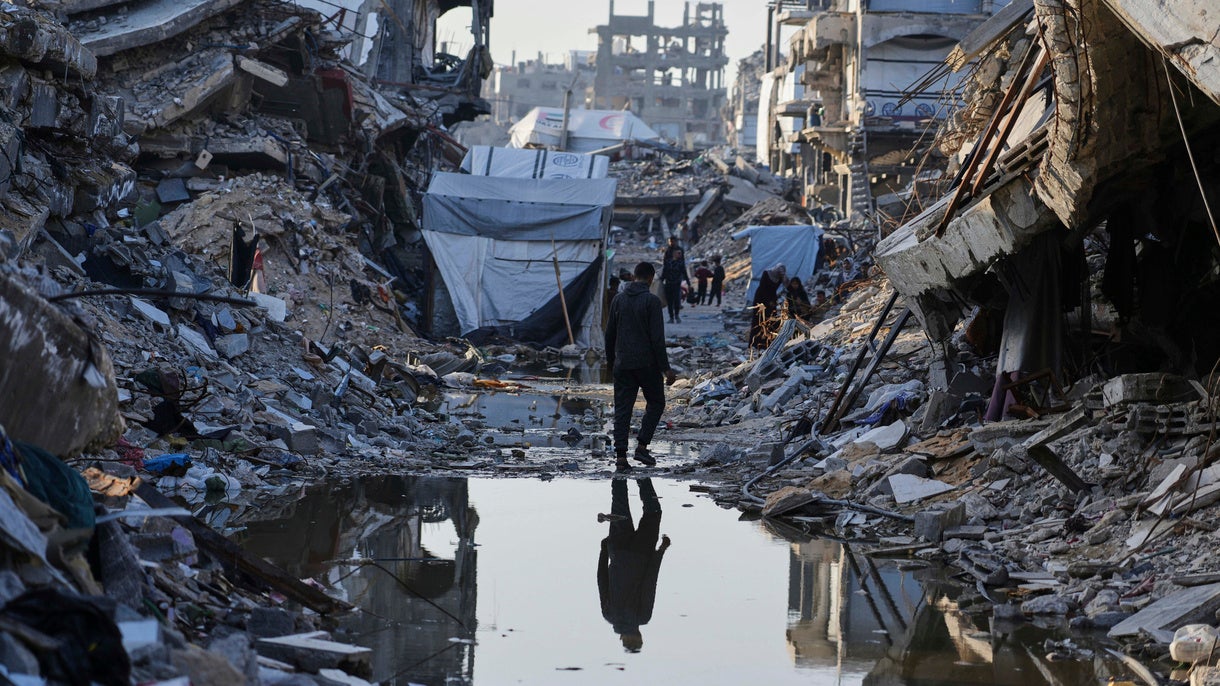 Public OpinionJehad Alshrafi / AP
Public OpinionJehad Alshrafi / APAmericans Grow More Divided on US Support for Israel | Chicago Council on Global Affairs
Republicans support US backing for Israel until its military objectives in Gaza are achieved, while majorities of Democrats now oppose it.
-
 Public OpinionReuters
Public OpinionReutersHow Does Trump's Base Differ from Other Republicans? Let Me Count the Ways | Chicago Council on Global Affairs
Council expert Dina Smeltz explains the different views on issues between “Trump Republicans” and “Non-Trump Republicans.
-
 Food and AgricultureReuters
Food and AgricultureReutersThe Plague You've Never Heard About Could be as Destructive as COVID-19 | Chicago Council on Global Affairs
Millions of people in East Africa, the Horn, and up through the Middle East are facing the prospect of extreme hunger as a plague of locusts spreads in the region.
-
 Global HealthMufid Majnun
Global HealthMufid MajnunPublic Favor Governments, Institutions, and Individuals Promoting Policies to Prevent COVID | Chicago Council on Global Affairs
The Chicago Council Survey team provides an update on the COVID-19 pandemic from around the world, including the US, Japan, Brazil, the UK, Italy and France.
-
Global PoliticsReuters
Why Khamenei's Son Is Unlikely Succeed Him as Iran’s Supreme Leader
As rumors spread, Saeid Golkar argues why it's unlikely that Mojtaba Khamenei, son of Iran’s Supreme Leader Ayatollah Ali Khamenei, succeeds his father.
-
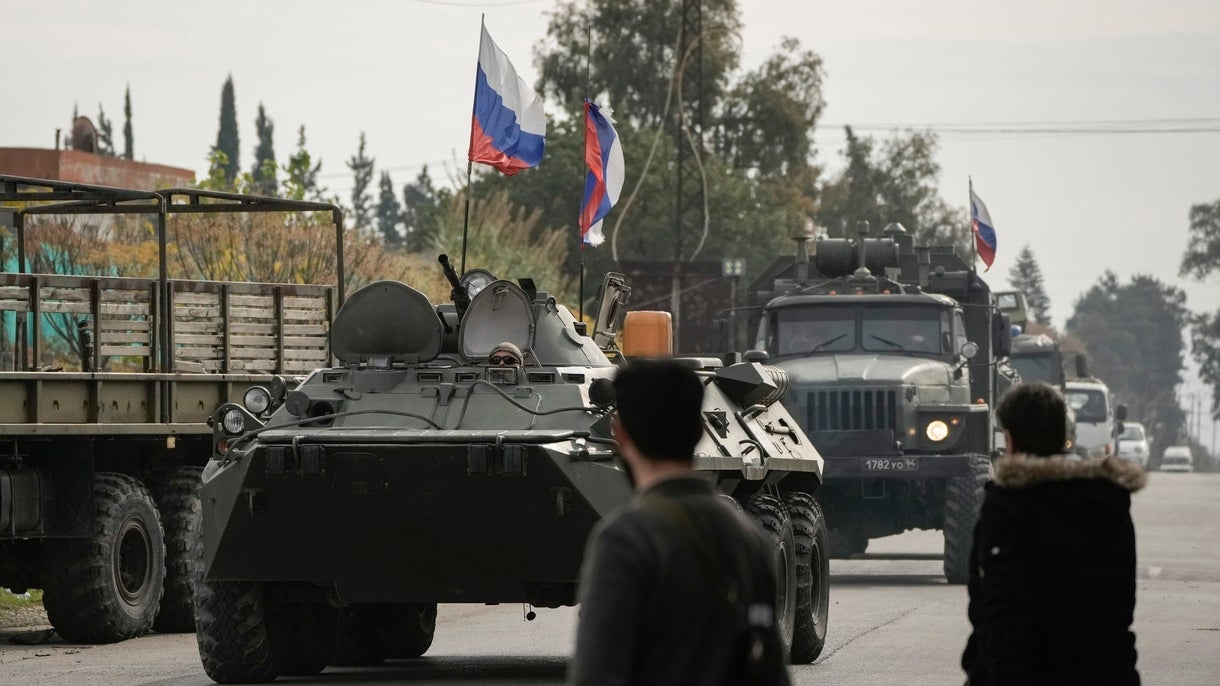 Public OpinionLeo Correa / AP
Public OpinionLeo Correa / APPlurality of Russians Support Military Withdrawal from Syria | Chicago Council on Global Affairs
After a decade of involvement in Syria, some Russians are eager to withdraw their forces from the country.
-
Global Politics
The Victims of Wishful Thinking About Iran
Saeid Golkar discusses the belief that Iran wishes to resume open and benevolent relations with the West and the United States.
-
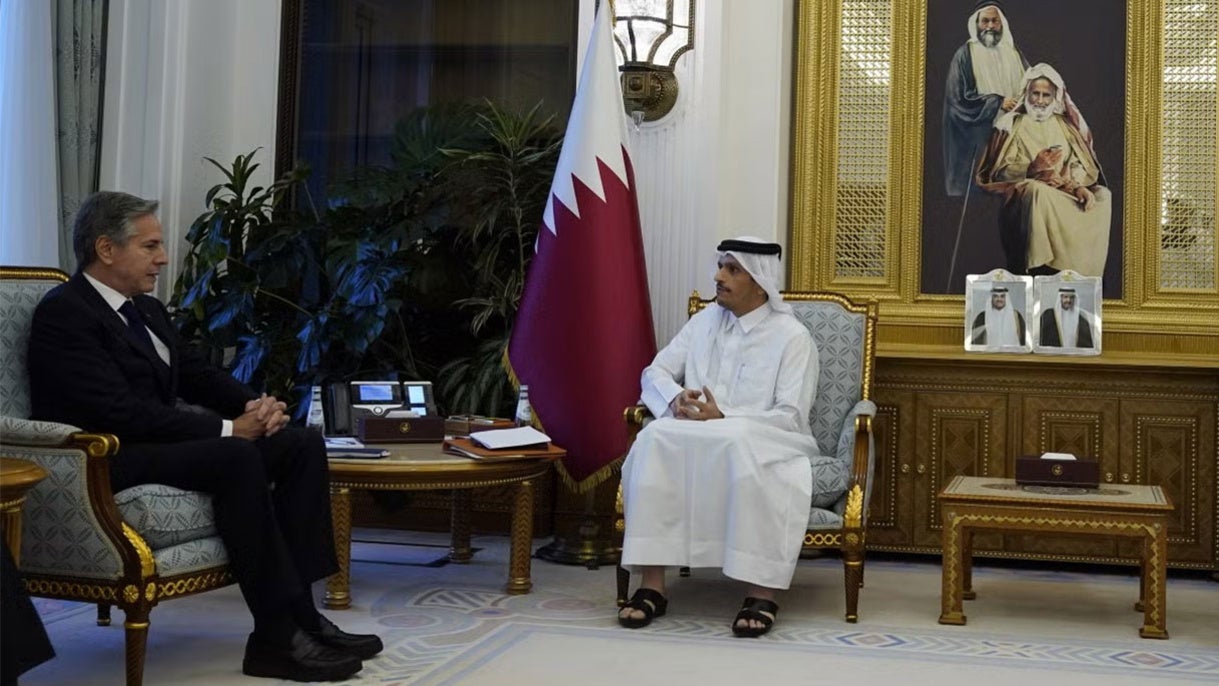 Defense and SecurityJacquelyn Martin / AP
Defense and SecurityJacquelyn Martin / APQatar's role in Israeli hostage negotiations
Despite its small size, Qatar has historically played an outsize role in negotiating with organizations or countries that the U.S. doesn’t have relations with.
-
 Public Opinion
Public Opinion
Americans Positive on South Korea and Support to Defend It at All-time High | Chicago Council on Global Affairs
Should reunification of North and South Korea eventually take place, Americans favor maintaining the alliance but are split on keeping US forces on the Korean Peninsula.
-
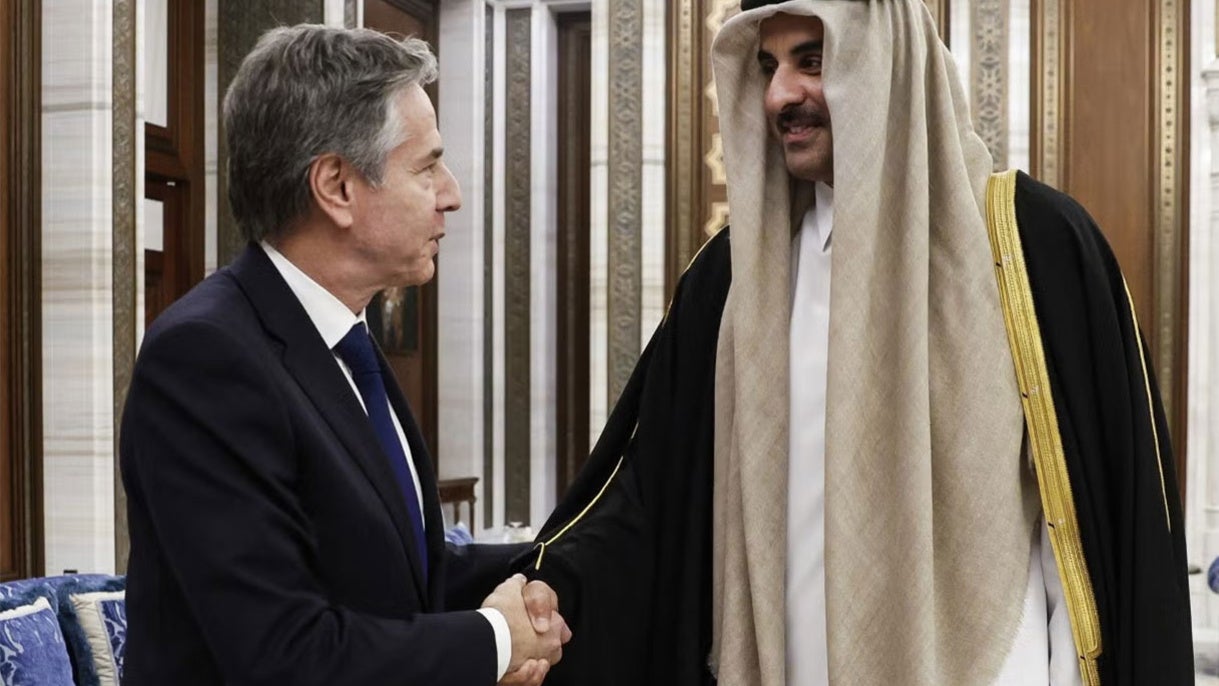 Defense and SecurityEvelyn Hockstein / AP
Defense and SecurityEvelyn Hockstein / APWhy is the US involved in regional Middle East conflicts?
Secretary of State Antony Blinken is touring Israel and the Middle East, where the U.S. has official ties with nearly every country. Israel has ties to only five.
-
Global PoliticsReuters
Why Is Armenia so Close to Russia and Iran?
The small Caucasus country challenges the idea that the world is splitting into democratic and autocratic camps, Dan Drezner argues.
-
 Global EconomyLizzie Sokolich
Global EconomyLizzie SokolichHow much US land does China really own?
Some legislators say Chinese ownership of U.S. land presents a national security risk, but the acreage held by China is relatively small.
-
US Foreign Policy
To Secure His Legacy, Khamenei Is Packing Iran's Government With Young Radicals
The supreme leader’s youth-washing strategy could keep detente with the United States off the table for years.
-
Global Politics
Trump's epic fail: His gambit with Iran drives Tehran toward China
In May 2018, President Donald Trump announced his decision to withdraw from the Iran nuclear deal because it was “defective at its core.” But if Tehran were willing to negotiate a better agreement, he would be “ready, willing and able” to
-
Defense and SecurityiStock
Fears of a Nuclear-Armed Iran Might Be Overblown
Reports that Iran is nearing the point of capably developing a nuclear weapon are causing alarm, but they are still a ways away from building a bomb.
-
Global Politics
Iran Security Forces Clash with Protesters
Saeid Golkar speaks with Reuters about the protests in Iran and calls upon the entire world to support Iranians "as you are supporting Ukraine."
-
Defense and Security
War Averted (for Now), Trump Should Overhaul Iran Strategy
Iran’s missile attack on two U.S. air bases in Iraq was the latest step bringing the United States and Iran to the brink of war. Yet, President Donald Trump decided to back away from further military confrontation.
-
Global PoliticsReuters
The Real Motivation behind Iran's Deal with Saudi Arabia
“The agreement is about far more than just normalizing ties with Riyadh,” argue Nonresident Senior Fellow Saeid Golkar and Kasra Aarabi.












